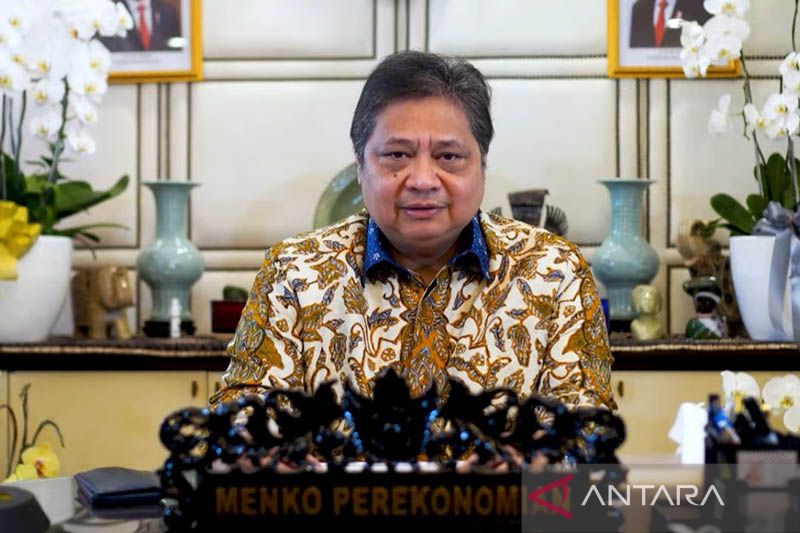Since the end of 2020, China has waged a multi-pronged crackdown on a wide range of industries, leaving startups and decades-old companies to operate in an uncertain new environment and beat their stakes.
On Friday, Beijing signaled a softening in its stance on the once freewheeling tech sector as President Xi Jinping seeks to prop up the economy in the face of growth-sapping COVID-19 lockdowns. Here are the sectors that have faced regulatory pressure:
PLATFORM ECONOMY The category includes Chinese tech giants such as Alibaba Group, Meituan and Tencent Holdings whose e-commerce to social media platforms registers millions of users.
China has accused them of mistreating users and has since issued rules strengthening oversight of the algorithms they use to target users, ordered them to open their platforms to each other and punished them for false advertising . The monopolistic behavior of these companies has also been a focus of concern.
Alibaba and Meituan were fined $2.75 billion and $527 million respectively last year for abusing their dominant market position. Tencent was also fined and banned from making exclusive music copyright deals. Regulators have also accused these companies of exploiting their workers and have drafted guidelines requiring food delivery platforms to guarantee minimum wages and rest periods.
Regulators have cut the time under-18s can spend playing online games to one hour on Fridays, weekends and public holidays, in response to growing concerns about gambling addiction last year, forcing companies such as Tencent and NetEase to upgrade their surveillance systems.
They also stopped issuing publishing licenses, essential for monetizing games, for nine months, dealing a severe blow to gaming companies’ revenues and forcing some 14,000 industry-related businesses to close over the period. Although they lifted the freeze earlier this month, the industry scrutiny continued with a recent ban on the live streaming of unauthorized video games.
ENTERTAINMENT Authorities told broadcasters to avoid performers with what they called politically incorrect positions and effeminate styles, strictly enforce salary caps for actors and guests and cultivate a “patriotic atmosphere” for the ‘industry.
It marked the expansion of a campaign against what authorities described as a “chaotic” celebrity fan culture. Platforms were banned from publishing popularity lists and sales of fan merchandise were regulated in August after a series of controversies involving artists. TECH COMPANIES TARGET IPOs
Regulators have tightened their scrutiny of Chinese tech companies seeking to list overseas, requiring platform companies with data on more than a million users to undergo a security review before listing their shares. abroad. China’s securities watchdog has also proposed extending its oversight of overseas listings to Chinese companies with variable interest entity (VIE) structures.
VIEs have mainly been used by companies listed overseas, mostly in the United States, to circumvent Chinese rules restricting foreign investment in sensitive sectors such as media and telecommunications. PRIVATE EDUCATION
Last year, Chinese authorities banned for-profit tutoring in curriculum subjects to ease pressure on children and parents, leading to a wave of school closures and layoffs across the country. private education sector. New Oriental, which was one of China’s largest private education companies, laid off 60,000 employees and saw its operating profit drop 80% after the new rules took effect, its founder said in january.
ONLINE FINANCING In November, shortly before Ant Group Co Ltd listed in what would have been a record share sale, banking regulators issued draft rules calling for tighter scrutiny of online lending , in which Ant was a major player.
The regulations set limits on inter-provincial online lending and cap loans to individuals. The next day, the People’s Bank of China halted Ant Group’s IPO. In April, the regulator asked Ant to separate its payments business from its personal finance business.
RIDE-HAILING In June 2021, the Cyberspace Administration of China (CAC) announced a cybersecurity investigation into Didi Chuxing days after her debut on the New York Stock Exchange, preventing her from registering new users and ordering app stores to remove 25 from its mobile devices. apps.
Sources had said the company breached Chinese regulators by going ahead with its $4.4 billion U.S. IPO. Authorities had urged him to suspend registration while they conduct a cybersecurity review of his data practices, they said. Didi, whose shares have fallen nearly 90% since its IPO, said in December it would delist in New York and pursue a listing in Hong Kong.
He has scheduled a shareholders’ meeting for May 23 to vote on the plan. GOODS
Beijing’s campaign to reduce high debt levels turned into a liquidity crunch last year among some big developers such as China Evergrande Group, leading to bond defaults and abandoned projects. But since late last year, it has taken steps to help revive the cooling property sector. These included making fundraising easier for large developers and public developers, relaxing rules on escrow accounts for presale funds, and allowing some local governments to reduce mortgage rates and debt ratios. ‘deposit.
Analysts suggested the regulatory respite for the sector was likely driven by regulators’ concerns about the ripple effects on the broader economy.
(This story has not been edited by the Devdiscourse team and is auto-generated from a syndicated feed.)
 Welcome To Poole
Welcome To Poole



